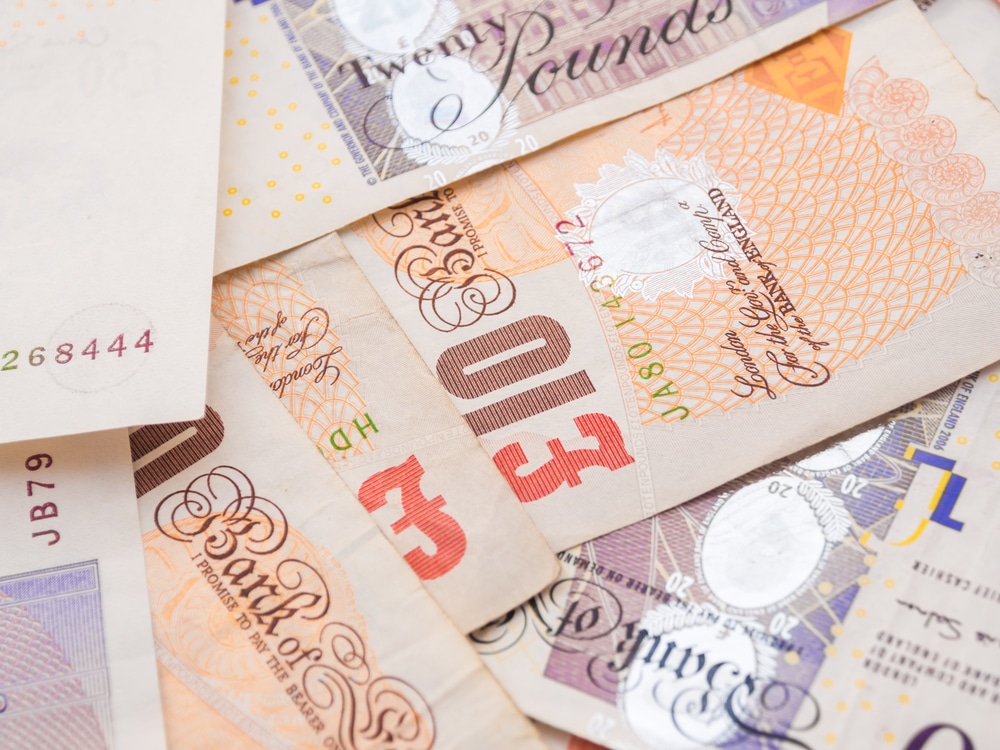2022 has been a challenging year for the UK economy and with inflation and interest rates still on the rise, this month, unfortunately, isn’t set to be much different.
The cost of living crisis has sent the price of almost everything soaring but by knowing what money changes are coming up and when, you can keep track of your spending and avoid being left out of pocket.
In this article, we’ll outline the most important money changes happening this month so you can know exactly what to expect and avoid missing out on any financial support you could be entitled to.
Energy price cap freeze (October 1)
The news of an energy cap freeze provided some much-needed peace of mind for millions of people struggling with the rising cost of living when it was unveiled by Prime Minister Liz Truss last month.
It has frozen the energy price cap at £2,500 which is an increase from the previous £1,971 cap and around £1,000 more than what households were paying this time last year but a decrease from the predicted £3,549 cap that was due to come into force on October 1.
However, it’s important to remember that £2,500 is the average price for a family using 12,000 kWh a year and, if you use more energy than a typical household, your energy bills will reflect this and you will pay more.
Energy bill discount (October 1)
The £400 energy bill discount awarded to over 29 million households in Scotland, England and Wales will be implemented from this month onwards with a £66 discount in October and November and a £67 discount in December, January, February and March.
The discount will be automatically paid into your bank account, taken from your energy bill or refunded at a later date and it is up to each individual energy company to decide how their customers will receive the discount.
British Gas, EDF Energy and Scottish Power will send the payments directly to customers’ banks accounts, for example, whilst Bulb, E.ON and Octopus Energy plan to deduct the money from customers’ energy bills.
OVO Hardship Fund opens (October 1)
The OVO Hardship Fund, which helps struggling households cope with rising energy bills, opened for applicants on October 1.
It provides payment breaks to prepayment customers in debt so they can put their money towards heating their home as opposed to repaying their debts.
It also supplies free energy-saving products and boiler services to help people heat their homes for less and increases emergency credit for prepayment meters from £5 to £15 to give struggling families some much-needed breathing space.
However, because payment breaks are only designed to be a temporary measure to tide you over until your circumstances improve, it’s important to remember that the debt will still need to be repaid at a later date.
Premium Bonds boost (October 1)
National Savings and Investments (NS&I) raised the Premium Bond rate from 1.40% to 2.20% on October 1, increasing October’s prize fund by £76 million.
It doubled the number of £5,000, £10,000, £25,000, £50,000 and £100,000 prizes and improved the odds of winning a prize from 24,500 to 1 to 24,000 to 1, meaning over 100,000 more prizes will be given out to lucky winners this month.
The boost, which marks the biggest jump in 40 years, is set to benefit over 22 million people and will pay better returns than the top-rated easy-access savings rate.
Self-assessment tax return registration deadline (October 5)
The deadline to register to submit a self-assessment tax return for the 2021/2022 tax year is October 5.
If you are self-employed or a sole trader and earn more than £1,000 or a partner in a business partnership, you must register before the deadline date to avoid facing serious penalties.
If you don’t know whether you need to register or need help to complete the registration process, visit the GOV.UK website for more information.
Inflation rate announced (October 19)
The Office of National Statistics (ONS) is set to unveil the latest inflation rate for the 12 months to September on October 19.
The current rate is sitting at 9.9% which is slightly lower than last month’s 10.1% but still close to a 40-year high.
However, whilst it has experienced a slight drop, experts are warning that it could hit 18% by early next year and the economy could still fall into a recession before the end of 2022.









